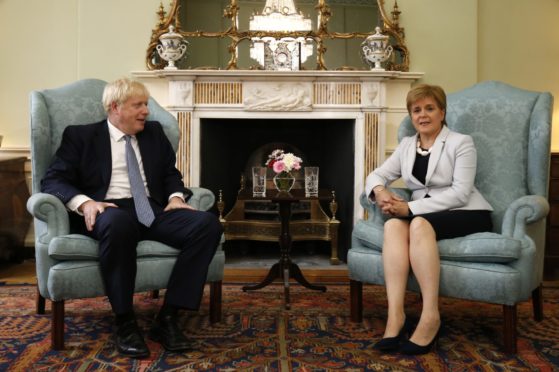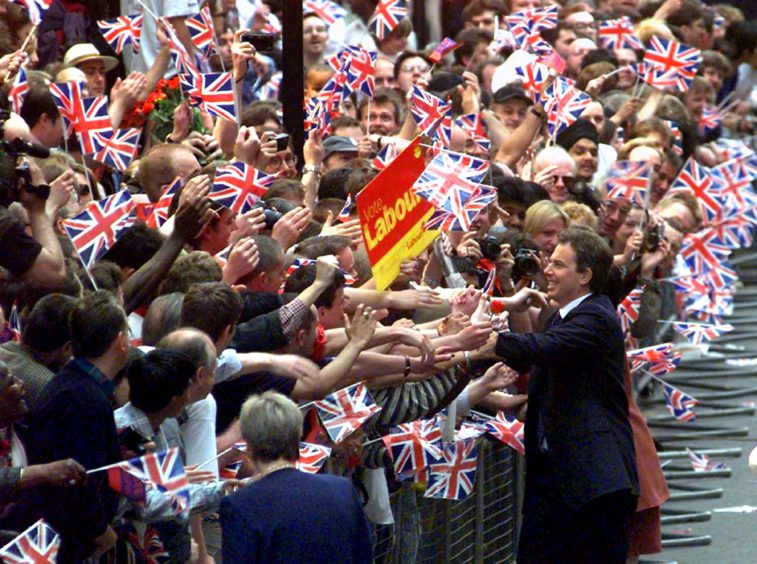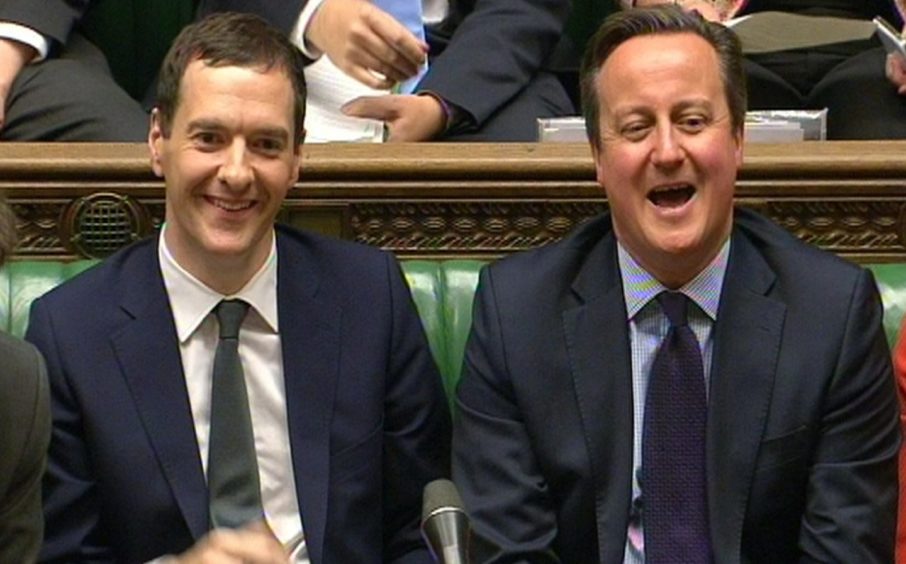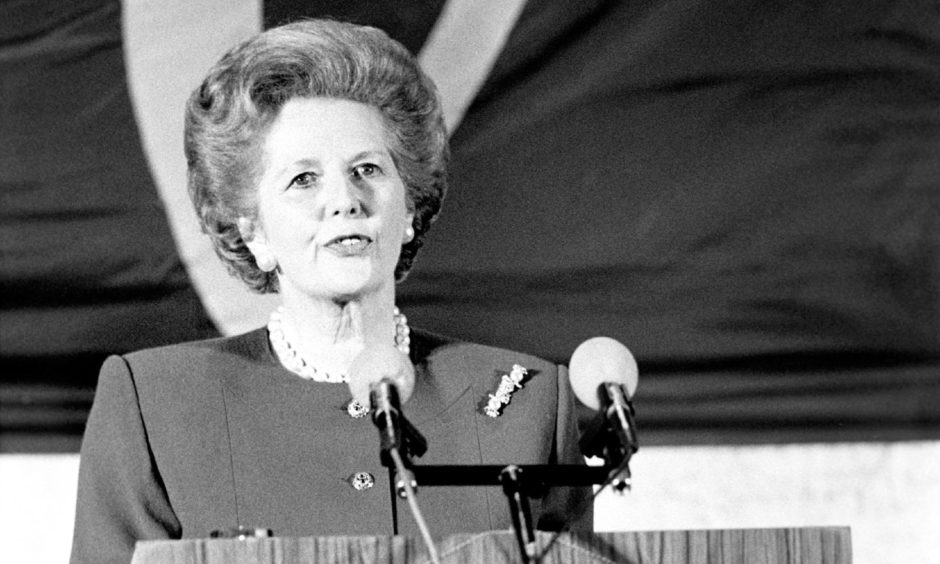The paths of English and Scottish politics seem divergent. Boris Johnson and Nicola Sturgeon appear on either side of the political forest.
One of them is the Robert Frost in this scenario.
“Two roads diverged in a wood, and I—
I took the one less traveled by,
And that has made all the difference.”
This fits the Sturgeon and nationalist story. Courageously they took the road less travelled and now are far different to the UK convention.
Frost can’t be blamed for his words becoming hackneyed. And it is the point of political campaigning for ideas to become cliché. Ideas so buried in public conscience, they are never questioned. But the political cliché doesn’t stand up to scrutiny.
Two governments that couldn’t be further apart. One led by a heroic nationalist who crushed Labour, and the other different. But which one?
The story of the two countries is much closer than we allow. The same road, travelled at different times.
Brexit triggered red wall collapse
Johnson and the Conservatives have used a nationalist policy to dominate domestic policies and bring Labour to its knees.
Brexit tapped into a desire for change. It attracted voters who had been lifelong Labour. The red wall fell and stayed as rubble in the English local elections this month.
Ten years earlier, the SNP did much the same. Recognising that they had to win over Labour voters to advance, they adopted the rhetoric of the centre left and stormed the red barricades.
That Glasgow would troop into the polling booths for the SNP and not Labour was fantastical not so long ago. It wasn’t a freak event. Where Glasgow led, the north of England followed.
While Labour agonises over identity, the nationalist governments promise big spending, infrastructure and a better NHS
Having conquered the old people’s party, the invaders held their grip by promising change – the better land of Scottish independence or Johnson’s levelling up. That both pledges were vague didn’t matter.
Contrast between Scottish and English politics is diminishing and converging
Central to both storylines was an establishment baddie. Johnson played off the distant bureaucrats of Brussels while Sturgeon urged the audience to hiss at Westminster.
Boris cast Labour as the Islington elite, while Nicola damned Labour for not rallying to Scotland. In turn, Labour thinks it can only recover by joining in and playing to patriotism.
While it agonises over identity and trying to find purchase on its old policies, the nationalist governments – both of them – promise things like big spending, infrastructure and a better NHS.
The story of British politics is similar on both sides of the border – how a post-empire, post-industrial people sought a new identity by pushing against old unions.
In that rediscovery of national purpose, both Edinburgh and London warmed to a “big government, high spending” model where the state looked after its people. To build the future, both looked to a kind of centrist politics reminiscent of a pre-Thatcher Britain.
The contrast between Scottish and English politics is not only diminishing, but converging.
Where Cameron led, the SNP followed
This began under David Cameron. He championed early years and childcare as much as the Scottish Government did. Look beyond the rhetoric and you’ll see that quite often England is ahead on these vogue issues in policy terms.
Even under post-bank crash austerity, Cameron pledged to protect the NHS spending. A promise he made first (in 2010) and the SNP copied.
Meanwhile, his pal George Osborne invented the “Northern Powerhouse”, a forerunner of “levelling up”.
They were thwarted by austerity and the Brexit vote. The next Prime Minister, Theresa May, arrived with a speech that could have been written by Tony Blair. Johnson kept this theme going with his talk of a more equal society.
In short, the simple contrast of Scotland hard done by while England profits, so vivid in the 1980s and 1990s, was blurring.
A different picture emerged, of the north of England as the neglected territory, while Scotland and the south east enjoyed higher spending.
The core idea about Scotland being distinct is fading
Right now, a lot of Scots are inclined to take Sturgeon at her word and distrust Johnson as an opportunist. That difference might also diminish.
Johnson has achieved his core promise, to get Brexit done, and has responded to Covid with the generosity once dreamed of by Jeremy Corbyn. We may think him a chancer, but the old charge of Tory cuts doesn’t stick.
Sturgeon, however, has been at the big promises game for longer, and has less to show for it. Yet again this week the SNP government offered to “transform” society by changing the local tax system and considering a universal basic income.
A lot of the SNPs emotional, and by suggestion, policy thrust is against a heartless UK. It is an appeal forged in the last decades of the 20th century, when resistance to Margaret Thatcher seemed a moral necessity.
Scottish politics is defined by the enemy without. Should that idea falter, it spells trouble for Sturgeon’s cause.
The lack of policy delivery and the convergence with UK priorities presents a problem to the First Minister. Her conservative policy agenda has functioned behind the rhetoric of difference. With the difference diminishing, a core idea about Scotland being distinct fades.
Sturgeon is still standing where the paths diverge. There is time to choose, but it’s running out.
Read more by Alex Bell:
- Prince Harry has swapped one dysfunctional reality for another and will pass his own agony on
- The longer the SNP wait to resolve independence issues the more it looks like they don’t have the answers
- Line of Duty and the George Floyd verdict shine a light on our own bent society – and this drama has no happy ending




